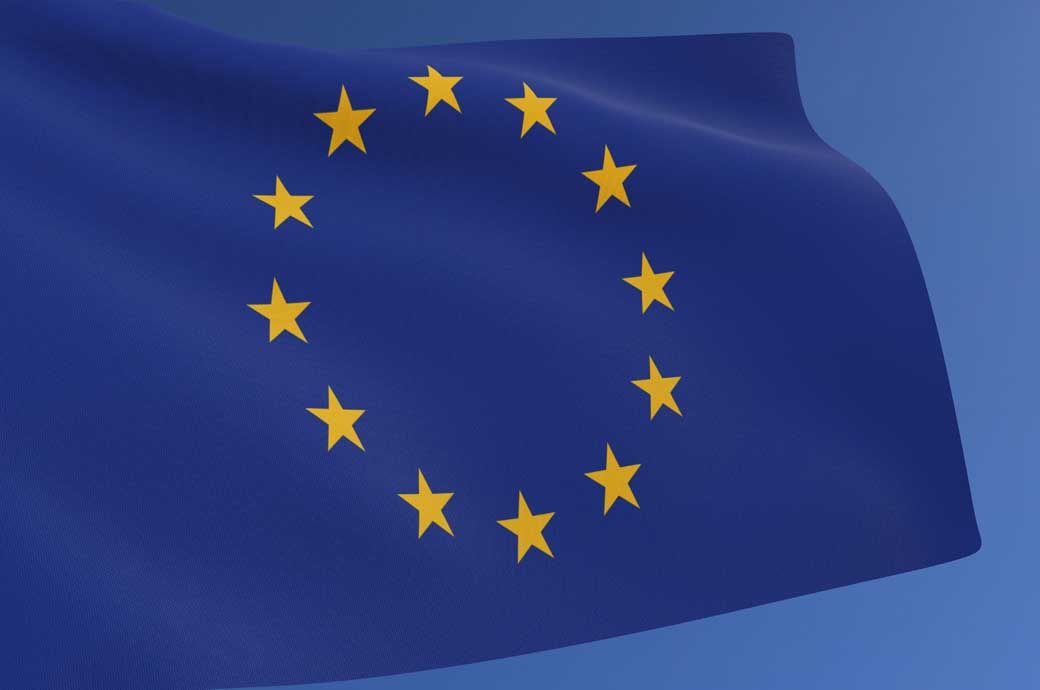EU Council, Parliament reach agreement on reform of fiscal regulations

Insights
- The European Council and the European Parliament have reached a provisional political agreement on the proposed reform of the EU economic governance framework.
- The aim is to ensure sound and sustainable public finances, while promoting sustainable and inclusive growth in member states through reforms and investment in strategic areas like digital and green.
The primary objective of the reform is to ensure sound and sustainable public finances, while promoting sustainable and inclusive growth in all member states through reforms and investment.
“The new rules will significantly improve the existing framework and ensure effective and applicable rules for all EU countries. They will safeguard balanced and sustainable public finances, strengthen the focus on structural reforms, and foster investments, growth and job creation throughout the EU,” said Belgian finance minister and Council negotiator Vincent Van Peteghem in an official release.
The Council and Parliament agreed to maintain the reform’s overall objective of reducing debt ratios and deficits in a gradual, realistic, sustained and growth-friendly manner, while protecting reforms and investment in strategic areas like digital, green, social and defence.
At the same time, the new framework will provide appropriate room for counter-cyclical policies and address macroeconomic imbalances.
The agreement also maintains the obligation for member states to submit national medium-term fiscal structural plans.
The Commission will submit a ‘reference trajectory’ to member states where government debt exceeds the 60 per cent of gross domestic product (GDP) or where the government deficit exceeds the 3 per cent of GDP.
The reference trajectory indicates how member states can ensure that by the end of a fiscal adjustment period of four years, government debt is on a plausibly downward trajectory or stays at prudent levels over the medium-term.
The new rules will further encourage structural reforms and public investments for sustainability and growth.
Member states will be allowed to ask for an extension of the four-year fiscal adjustment period to maximum seven years, if they carry out certain reforms and investments that improve resilience and growth potential and support fiscal sustainability and address common priorities of the EU.
These include achieving a fair, green and digital transition, ensuring energy security, strengthening social and economic resilience and, where necessary, the build-up of defence capabilities.
The provisional political agreement on the preventive arm of the economic governance framework is subject to approval by the Council in the committee of permanent representatives and by the Parliament economic affairs committee before going through a formal vote in both the Council and the Parliament.
Fibre2Fashion News Desk (DS)
































-Ltd..jpg?tr=w-120,h-60,c-at_max,cm-pad_resize,bg-ffffff)





.jpg?tr=w-120,h-60,c-at_max,cm-pad_resize,bg-ffffff)
.jpg?tr=w-120,h-60,c-at_max,cm-pad_resize,bg-ffffff)






